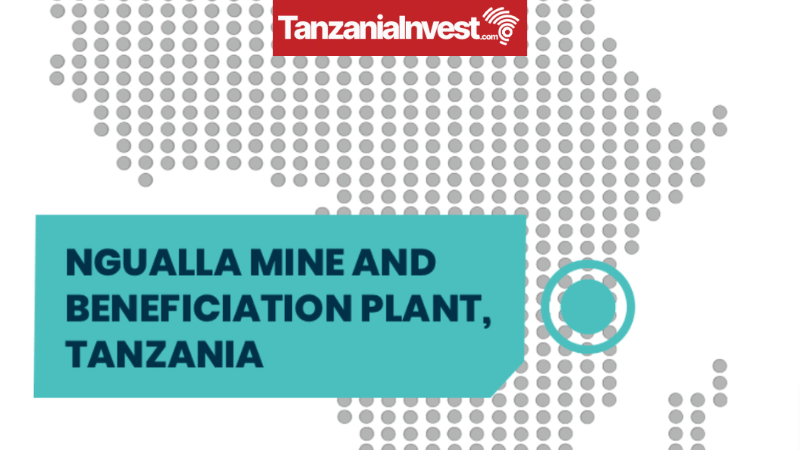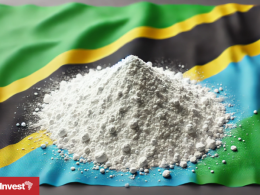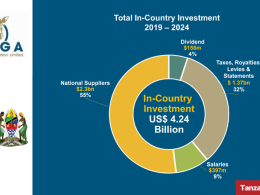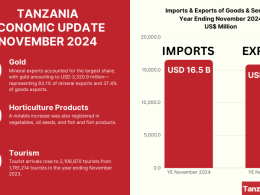Australian stockbroker Argonaut has recognized Tanzania’s Ngualla Rare Earth Project as one of the “Best Undeveloped Projects” for the second year.
Argonaut has recently released its 2023 analysis and the 10th edition of the best-undeveloped projects (BUPs) in the metals and mining sector majority owned by ASX-listed companies.
The company uses the following selection criteria as a basis to identify projects for BUPs:
- Development stage between scoping study and pre-commercial production
- An Internal Rate of Return (IRR) exceeding 25%
- Profitable through all market/commodity price cycles
- A high likelihood of achieving >$100M project valuation within 24 months
- The corporate owner must have a market capitalization of less than A$5B
The key criteria for BUPs projects are low-cost, high-margin assets with the capability to maintain strong financial returns through the commodity price cycle.
Based on the criteria, 11 projects have been selected in 2023, among which is Peak Resources’ Ngualla Rare Earth Project in Tanzania.
The Ngualla Rare Earth Project
Ngualla stands as one of the largest and highest grade undeveloped NdPr deposits, with a defined Ore Reserve of 18.5Mt at 4.80% REO (887kt contained REO).
The project entails the construction of a mine, mill, concentrator, community projects, and associated infrastructure.
In April 2023 Peak Resources and the Tanzanian Government formally executed a Framework Agreement for the development of the project, maintaining an 84% interest in the project.










